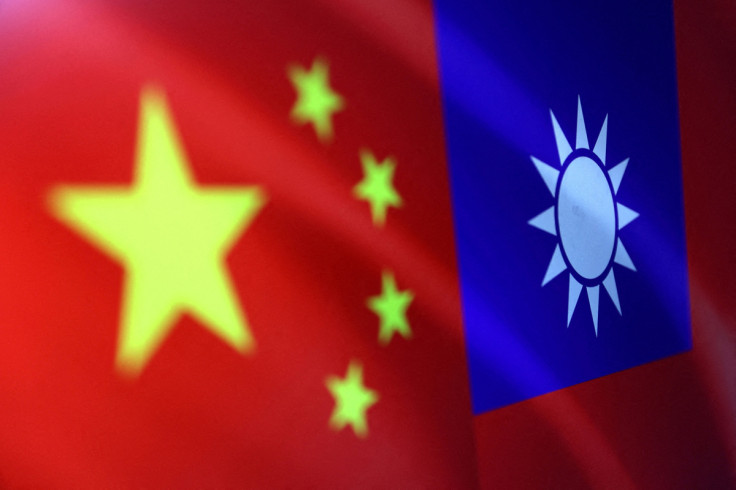China Seemingly Ups Preparation For Taiwan Invasion With New Conscription Law

KEY POINTS
- The revised Chinese conscription law allows retired soldiers to return to military service
- New conscription regulations would make recruitment during emergencies easier
- China aims to recruit tech and science-savvy college students to the military
China has revised its conscription law amid speculations of launching a full-scale war against the self-ruled island of Taiwan.
Taiwan News reported that the Chinese government began implementing the new version of the country's conscription law on Monday, dubbed "Regulations on the Recruitment of Soldiers."
The revised Chinese law would allow retired soldiers to rejoin the military and return to their old units or previous duties, ensuring that China would have experienced officers and soldiers in the event of a war.
It would also make it easier for China's People's Liberation Army (PLA) to recruit additional personnel in emergencies, enabling the government to adjust the conditions and methods of recruitment and prioritize the movement of troops for rapid deployments.
The new conscription regulations also included a provision to recruit science and engineering Chinese students for new areas of military operations, such as space and cyber warfare.
Chinese state-run Xinhua News said the revisions in the country's conscription law aim to recruit "more high-caliber soldiers, standardizing and optimizing conscription procedures, and improving the system's efficiency."
Last March, China started implementing its "Reserve Personnel Law of the People's Republic of China," which experts believe is part of the country's efforts to improve the ability to transition from peacetime to wartime.
The Voice of America reported that following the activation of the reservist law, many Chinese cities and provinces have begun setting up national defense mobilization offices.
In recent months, the U.S. has warned that China is already preparing for a possible invasion of Taiwan by 2027, citing an intelligence report suggesting that President Xi Jinping had instructed PLA.
The U.S. assessment was echoed by Taiwan's Foreign Minister Joseph Wu, saying last month that China "[seems] to be trying to get ready to launch a war against Taiwan."
Wu cited the large military exercises conducted by China, which included simulations encircling the island and attacking key Taiwanese targets.
China appeared to have ramped up its intimidation campaign against the island after 259 PLA Air Force warplanes breached Taiwan's air defense identification zone (ADIZ) in April, representing a 112% increase from 122 incidents reported by the Taiwanese Ministry of National Defense in March.
A separate Taiwan News report cited a map made by open-source intelligence expert Damien Symon which showed that most Chinese air incursions occurred along the median line between China and Taiwan and in the southwest corner of the island's ADIZ.
The spike in Chinese air incursions last month coincided with the meeting between Taiwanese President Tsai Ing-wen and House Speaker Kevin McCarthy in California, despite Beijing's repeated protests against it.

© Copyright IBTimes 2025. All rights reserved.






















